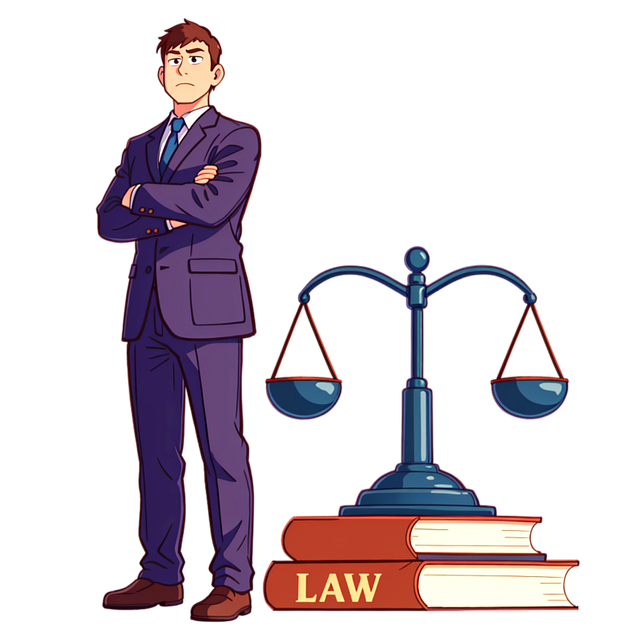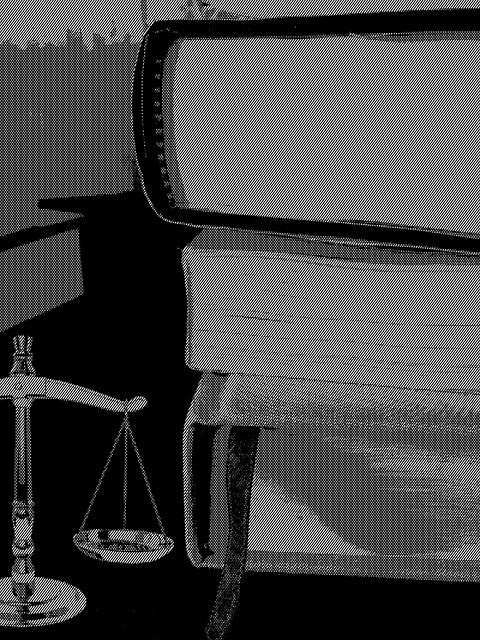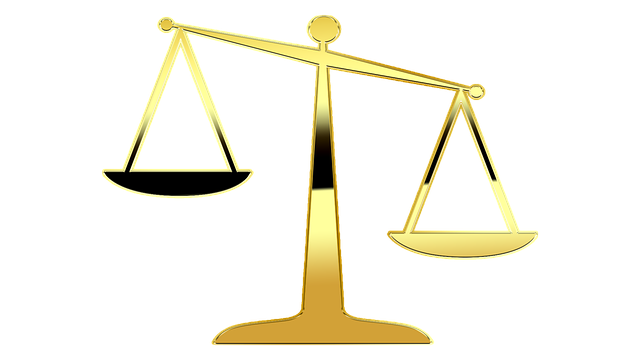Probate legal representation is crucial for managing deceased individuals' estates, especially those with complexities or significant assets. Specialized attorneys guide clients through documentation, property valuations, tax obligations, and dispute resolution, ensuring compliance with legal formalities and state laws. As a personal representative, you're responsible for gathering and protecting estate assets, accurately identifying and valuing them, and facilitating transactions while upholding legal requirements. Engaging professional probate representation offers support during emotionally taxing times, allowing families to focus on mourning while skilled professionals handle complex legal procedures.
Understanding the complexities of probate is crucial for anyone planning their estate or dealing with the loss of a loved one. This article guides you through the process, emphasizing the significance of probate legal representation. We explore key concepts, from defining ‘probate’ and its purpose to delving into the responsibilities of a Personal Representative. Additionally, we outline the steps involved in probate and highlight the numerous advantages of engaging professional legal support during this challenging time.
- What is Probate and Why Is Legal Representation Important?
- Key Obligations of a Personal Representative (Executor)
- Navigating the Legal Process: Steps Involved in Probate
- Benefits of Engaging Professional Probate Legal Representation
What is Probate and Why Is Legal Representation Important?

Probate is a legal process that’s often necessary when a person passes away, especially where their estate includes significant assets or complexities. It involves administering and distributing the deceased’s property according to their will or, if there is no will, state laws. This process can be intricate, with various legal considerations, which is why probate legal representation is crucial.
Hiring an experienced attorney specialized in probate law ensures that all aspects of the process are handled correctly. They guide clients through filing necessary documents, managing property valuations, and ensuring compliance with tax requirements. Moreover, they protect the interests of beneficiaries, helping to avoid potential disputes or mistakes that could have significant legal and financial consequences. Probate legal representation streamlines the process, providing peace of mind during an emotionally challenging time.
Key Obligations of a Personal Representative (Executor)

When appointed as a personal representative, or executor, of an estate, there are several key obligations that come with this responsibility. This role involves managing and distributing the deceased’s assets according to their wishes, as outlined in their will. The executor must ensure all legal formalities are followed, including filing the necessary paperwork with the court to initiate the probate process.
One of the primary duties is to gather and protect all assets of the estate, which may include real property, personal belongings, investments, and financial accounts. They are responsible for accurately identifying and valuing these assets and managing any related transactions. Additionally, the executor must handle the payment of debts and taxes owed by the deceased, ensuring that all legal requirements are met to facilitate a smooth transition of the estate.
Navigating the Legal Process: Steps Involved in Probate

Navigating the Legal Process: Steps Involved in Probate
The first step in probate is typically initiated by a close relative or beneficiary of the deceased individual. This involves filing a petition with the court to officially open the estate and appoint a personal representative, usually a executor or administrator. The appointed individual becomes responsible for managing the affairs of the estate and ensuring the proper distribution of assets according to the will or state laws if there is no will.
Once the petition is filed, the court will issue notices to all interested parties, including beneficiaries, heirs, and creditors. This marks the beginning of a structured legal process where the personal representative must gather and inventory the deceased’s assets, manage any ongoing financial obligations, and eventually distribute the estate according to the legal requirements and wishes expressed in the will. Probate legal representation is often sought during this process to ensure compliance with laws and regulations, protect the interests of all involved parties, and streamline the overall probate procedure.
Benefits of Engaging Professional Probate Legal Representation

Engaging professional probate legal representation offers numerous benefits, especially during an emotionally challenging time. These experts navigate complex legal procedures, ensuring compliance with state laws and regulations. This not only saves families valuable time but also minimizes the risk of costly mistakes that could impact the distribution of assets.
Professionals in probate law possess in-depth knowledge of tax implications, estate planning, and asset protection strategies. They guide clients through every step, from filing necessary documents to managing court appearances, if required. This comprehensive support enables families to focus on grieving and honoring their loved one’s legacy, leaving the intricate legal matters to skilled professionals.






